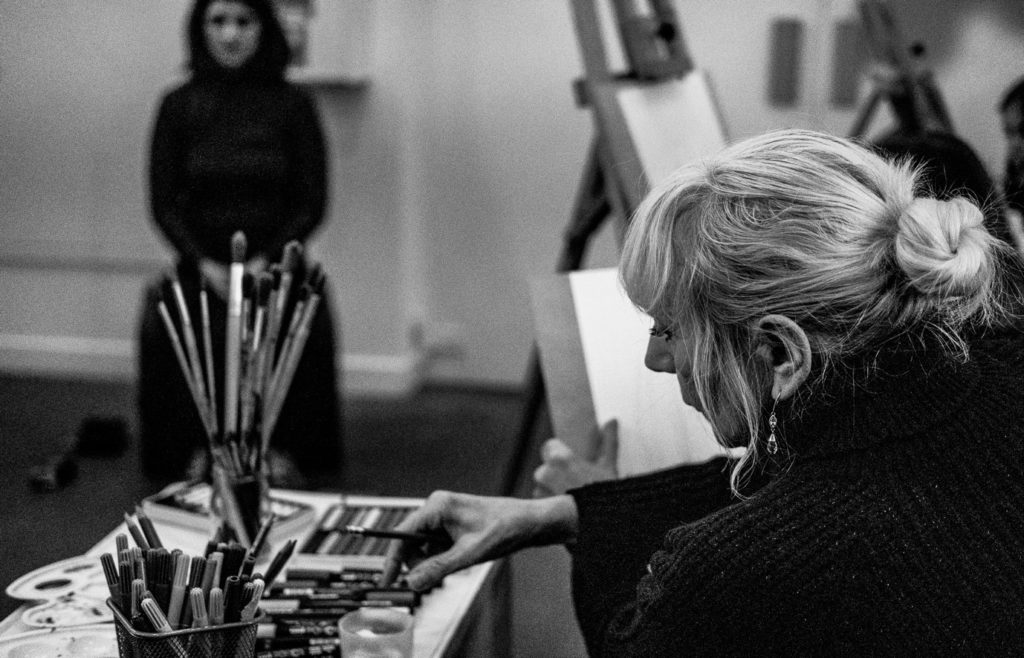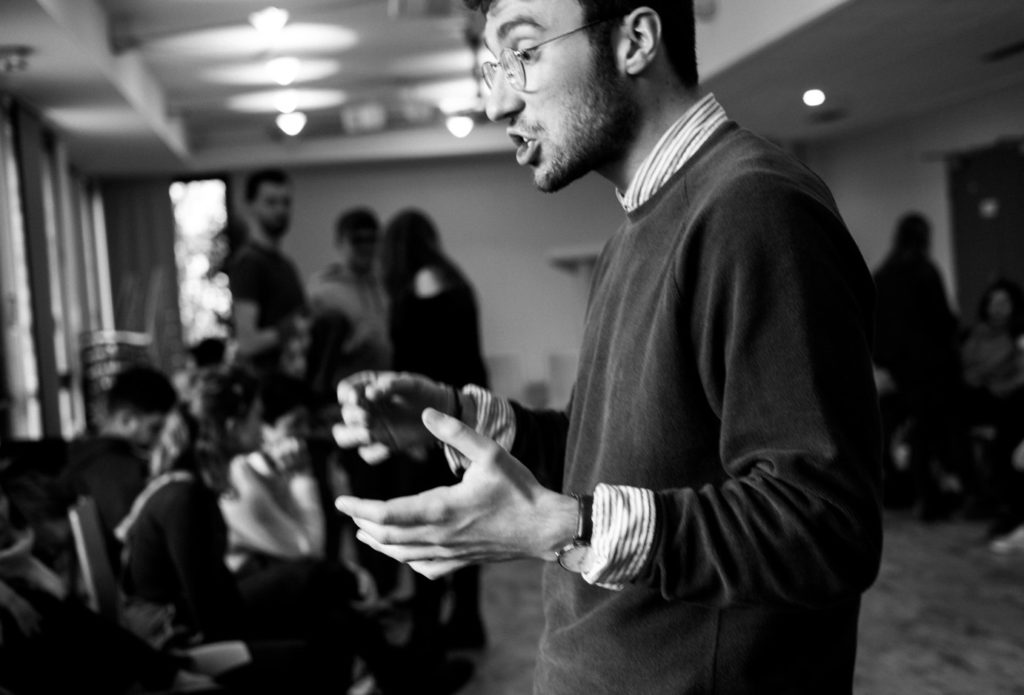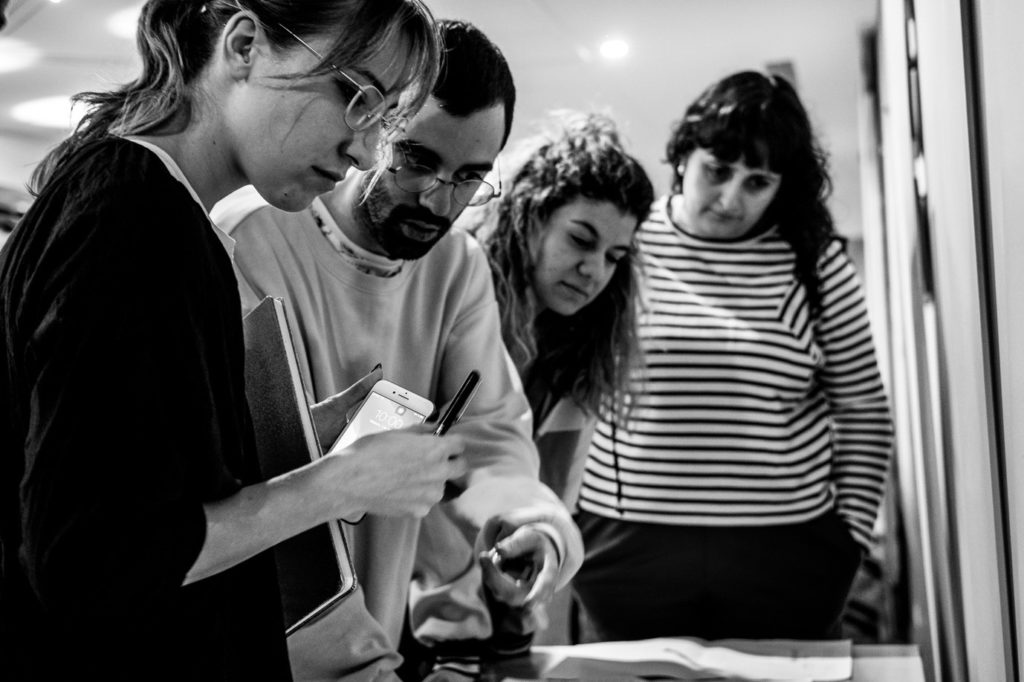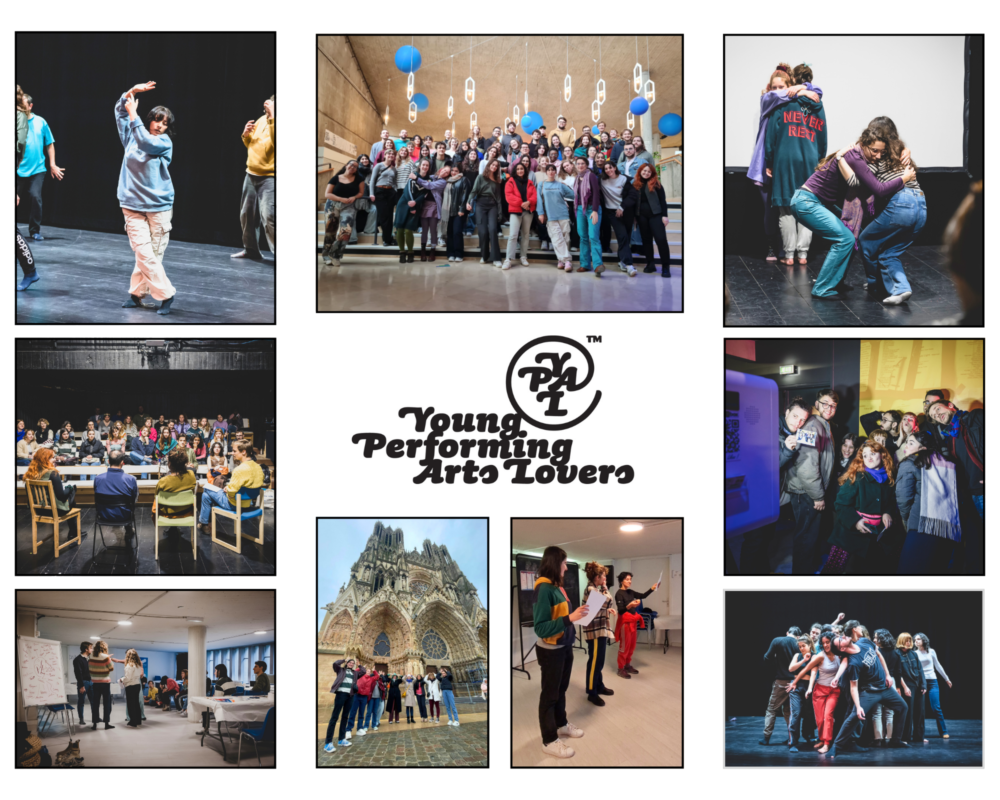For a student, especially an international who still struggles to perfect her subjonctif, Reims can prove a challenging city to explore. Not because it doesn’t have things to offer -quite on the contrary- but rather because it is incredibly easy to get lost in ones’ university circles. Besides, friends’ apartments are close, and Bureau events are plenty. We don’t often move past our dorm rooms or campus because we don’t like to challenge ourselves.
But the artistic community of Reims is offering us students with an opportunity that is difficult to reject. An opportunity that made me, upon participating in it for the first time, reconsider the character of our town. It introduced me not only to new pieces of art and a refreshing group of people but also to original ideas that challenged the way I thought of the relations between art and politics. YPALS stands for Young Performing Arts Lovers and it is a program within the premises of the FARaway art festival of Reims that brings a few dozens of young artists under a Remois roof for a weekend of socialization, artistic exploration, and exposure to original art – and what a weekend it is.
Throughout those few, fleeting days the YPALS were given free tickets to some of the festival’s headlining shows – we got to see riveting work, the likes of Hate Radio, Congo, and the Lingering Now. They were all multifaceted and multidisciplinary shows, bending the boundaries of what cinema, theatre, and dance have to be. But what is unique about watching these shows through the YPAL program is that one gets to experience them alongside likeminded performing artists, that often have idiosyncratic takes to offer about the spectacles. Which leads me to the utmost point about the YPAL experience: the conversation.

Apart from ushering us to shows and giving us plenty of chances to relax and enjoy our environment, the organizers of the festival offered us the chance to participate in free debates amongst ourselves and reputable writers and artists. Imagine the scene: a few dozens of artists from different generations, discussing “between lands,” as the project is appropriately named, and expressing thoughts and counter-thoughts in many different languages via the help of internal translations on issues of democracy, public policy & art. Disagreements soon sparked amongst the cohort but discussions were always polite and respectful albeit being impassioned. We all learned from each other the days of the organized debates, most importantly, we learned that experience of art isn’t universal. We all think of its contribution differently, of how it should be funded or whether it should be regulated. Our conditioning and context greatly influence our politics and we absolutely cannot take other people’s experience for granted.

The program itself took us on a tour around Reims. Even for a seasoned “Remois” student who has lived here for two years, the locations were refreshing and showed the charming and active part of our town. Running from workshop to debate to show, we would shift between the Comedie of Reims, its Atelier, the FRAC (which, despite being right next to Sciences Po, most of us Sciences Pistes had never visited), and the wonderfully unique Manege. On the daily we were treated to elaborate lunches, brunches and dinners by the YPALs organizing team at the Comedie bar, which was dressed in Amazonian leaves for the imminent After Bresil bar night. We utilized these breaks as opportunities for reflection and connection – it is where the YPALs truly got to do what they were brought here to do: learn each other, explore cross-country narratives, opinions, ideas.

